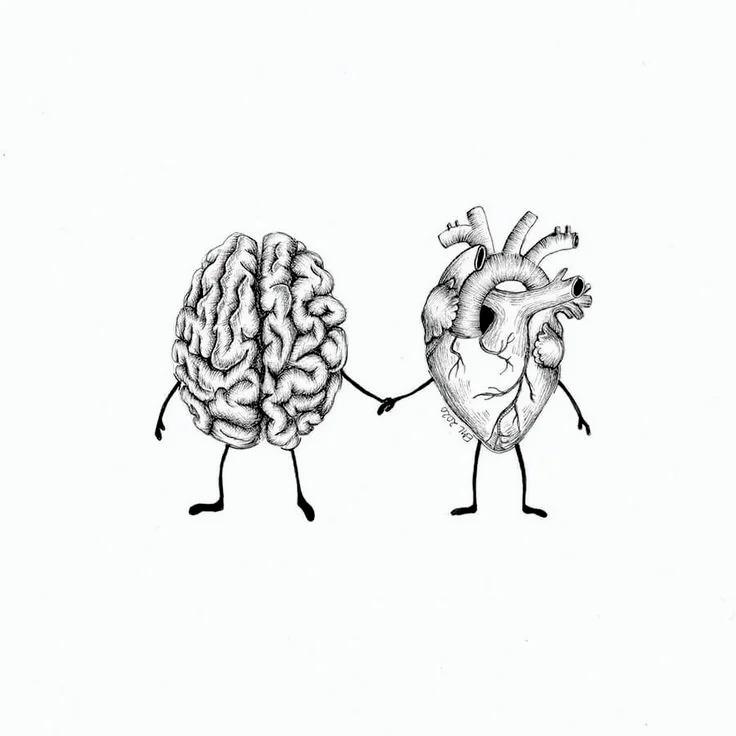Ever had one of those days when motivation seems to have taken a vacation, leaving you stranded in a sea of “meh”?
In an overworked and overstimulated world, folks are finding themselves coping with the stresses of daily life by doom-scrolling, bed-rotting, and overdosing on avoidance. While most of us enjoy a good ol’ day in bed every now and then, when left unmonitored, these maladaptive coping strategies can leave us with disorganized homes, disconnected social lives, and dissociation from self and the world.

Fear not, because today we’re diving into some wisdom straight from the Dialectical Behavior Therapy (DBT) playbook. It’s called “Opposite Action”, and it’s a game-changer for those moments when you’re stuck in neutral with daunting to-do lists, desire for connection, and dissociative tendencies.
Opposite action is a DBT skill that involves choosing to do exactly the opposite of what your overwhelming emotions are telling you to do.
Alright, let’s dive into the nitty-gritty:
The purpose of opposite action is not to ignore or invalidate emotion; in actuality, the process of recognizing the “problematic” emotion and choosing to respond differently honors the emotion by creating distance between your feelings and actions.
Additionally, research has shown that DBT techniques, including Opposite Action, can be pivotal when it comes to managing emotions and improving overall well-being (Linehan, 2015). Recent studies have reinforced these findings, demonstrating the effectiveness of DBT in enhancing emotion regulation and reducing symptoms of depression and anxiety (Lynch et al., 2020).
As busy humans in a stressful world, we all have those days when motivation feels as elusive as winning the lottery. However, with Opposite Action in your toolkit, you have the power to shake things up and breathe some agency, life, and freedom back into your life. So, next time you’re feeling stuck in a rut, remember that:
References
Linehan, M. M. (2015). DBT® skills training manual (2nd ed.). The Guilford Press.
Lynch, T. R., Trost, W. T., Salsman, N., & Linehan, M. M. (2020). Dialectical behavior therapy for emotion dysregulation: A review of the empirical evidence. Current Opinion in Psychology, 37, 37-42.